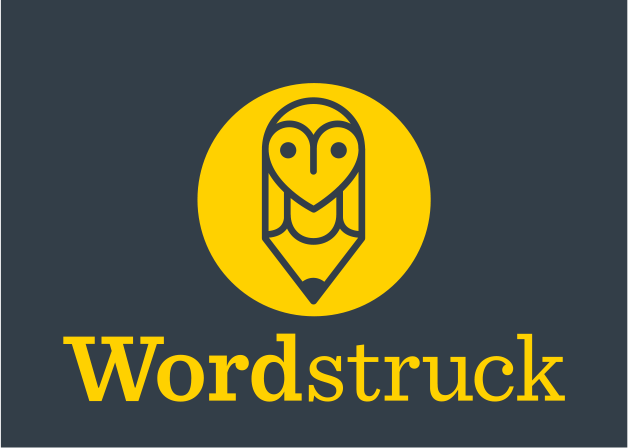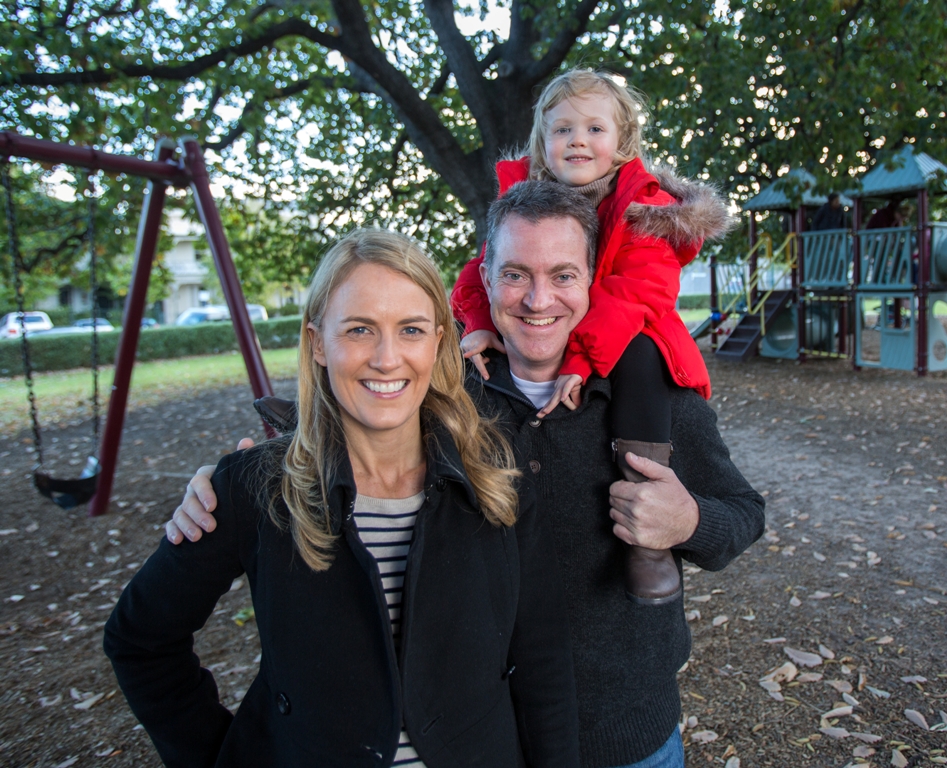James and Monica Meldrum knew when enough was enough. After working for years in high-powered corporate careers, they were becoming increasingly disillusioned at how most companies focused on, in their words, ‘the health of their profits rather than the health of their people and products.’ They resolved that if they ever started their own business, they were going to run it completely differently.
Even before they had their own kids, it was by chance that they found out that there were no delicious – and genuinely healthy – snacks for children. Their respective siblings shared how hard it was to find lunchbox snacks that were not packed with high levels of sugar, sodium, fat, preservatives and additives, and the Meldrums recognised that this was a great business opportunity. And so, the idea of Whole Kids was conceived.

Conscious Capitalism
I first met James at the Conscious Capitalism Conference in 2014 in Sydney. I was impressed by how he and his wife, Monica, approached their business, always ensuring sustainability and community are at the core. This aligns with the tenets of Conscious Capitalism, described by co-founder Raj Sisodia in Everybody Matters as, ‘A belief system, a philosophy of business… It’s not just about self-interest, it’s also about caring; it’s not just about making money, it’s also about making a difference.’
Almost 15 years since the Meldrums manufactured their first run of certified organic products, back in 2005, James and Monica have remained true to their commitment to run a business they truly care about – and one that has made a positive impact in the community. They have consistently championed ethical sourcing of ingredients that are all organic and non-genetically-modified (GMO). They started the Unjunkit movement to reduce kids’ exposure to junk food to ensure that they grow up healthy and happy. They also use Forestry Stewardship Council (FSC)-certified paper and cardboard where possible in their packaging.

B Corporation – a global standard
These initiatives (and more) have since earned them the distinction of being the first food business in Australia to be certified as a B Corporation by the non-profit B Lab, joining the ranks of companies that aim to solve social and environmental problems through the power of business. In a nutshell, B Corp is to business what Fair Trade certification is to coffee or USDA Organic certification is to milk.
For companies to become B corp registered they go through a globally recognised and rigorous certification process. The aim is to ensure that businesses balance purpose and profit, and B Corp businesses are legally required to consider the impact of their decisions on their workers, customers, community, and environment. Currently, of the 2,788 Certified B Corporations across the globe, 272 are from Australia and New Zealand. Go B Corp!
Today, Whole Kids actively call for government accountability and changes in national policy to mitigate the consequences of climate change. Closer to home, they’re also exploring innovative packaging alternatives and working with recycling companies to keep their pouches out of landfills.
In the words of Monica Meldrum, Whole Kids co-founder and CEO, ‘We are proud to be a founding B Corp in Australia and the mantra for Whole Kids to not just be the best in the world, but be the best for the world is something we consider on a daily basis. Being a snack brand, we recognise that convenience and environment don’t always go hand in hand and we’re looking to change this. The driving force behind our environmental focus is to ensure we leave our children with a healthy planet for their families. Companies carry a large portion of accountability for the next generation and this can’t be ignored.’

We couldn’t agree more.


